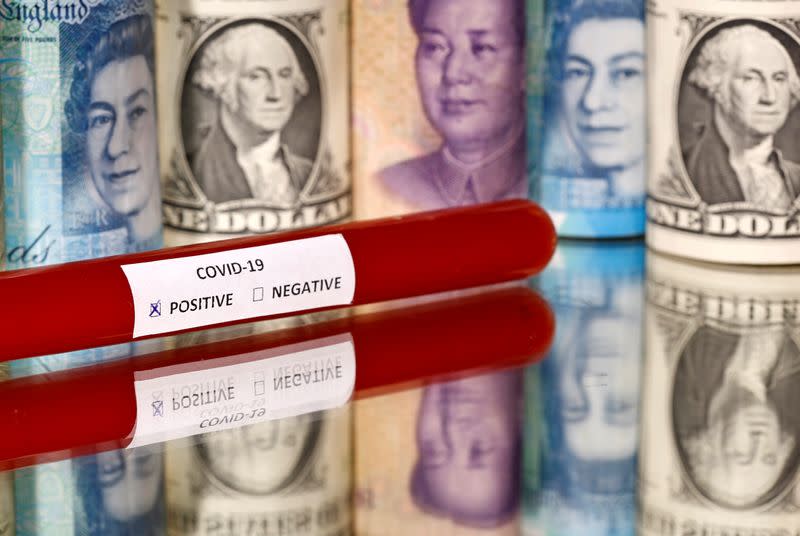What you need to know about coronavirus right now

(Reuters) - Here's what you need to know about the coronavirus:
The spread
There are now over 98,000 coronaviruses cases globally and more than 3,300 people have died, according to a Reuters tally. At the current rate of increase, that means that cases will top the 100,000 mark sometime later on Friday.
There are 3,385 virus-linked deaths globally, including over 3,000 in China, 148 in Italy and 107 in Iran. Some 85 countries outside China have reported infections, with South Africa, Bosnia, Serbia and Bhutan signalling first cases in the past 24 hours.
Meanwhile China's central province of Hubei, excluding its provincial capital Wuhan, reported zero new cases over 24 hours for the first time during the outbreak.
To see an interactive graphic of the spread, open https://tmsnrt.rs/3aIRuz7 in an external browser.
"Don't buy masks", Americans told
As the virus spreads in the United States, the U.S. Congress approved an $8.3 billion bill to battle coronavirus. That bill goes to Donald Trump's office on Friday for final approval.
More than $3 billion of that is intended for research and development of vaccines, test kits and treatments. U.S. Vice President Mike Pence, who is leading the U.S. response, urged Americans not to purchase masks if they are healthy in order to free up supply for healthcare workers and people who are sick.
Trump himself meanwhile sees a silver lining. Asked if the coronavirus outbreak had hurt the economy, he told an audience in Pennsylvania: "It certainly might have an impact. At the same time, I have to say people are now staying in the United States spending their money in the U.S., and I like that."
Where to put your money as global losses grow
In London and New York, traders at the world's biggest banks are swapping plush city-centre offices to work from suburban outposts, often facing long commutes as their employers attempt to reduce the disruption caused by coronavirus.
Yet companies in the healthcare, technology and financial services sectors could continue to gain market share regardless of economic disruptions from the outbreak, fund managers from the winners of the U.S. Lipper Fund Awards say.
The overall prognosis for the world economy is, however, still pretty gloomy: Global gross domestic product could be slashed by 0.1%-0.4%. the Asian Development Bank said.
Out of school, but still together
Parents, caretakers, medical experts and politicians were stunned when Japanese Prime Minister Shinzo Abe announced a nationwide school closure on Feb. 27.
The policy has been roundly criticised as counterintuitive, disruptive and risky, given that has pushed tens of thousands of pupils into daycare centres instead, which now have to improvise measures to try to stop the children contracting the illness.
"We have the children spend all day at the same seat, eating their snacks and lunches there too," Stella Kids manager Ikuyo Kamimura said. "They face the same direction so they don't get infected by droplets."
See a selection of curated coronavirus coverage here: https://www.reuters.com/live-events/coronavirus-6-id2921484
(Compiled by Mark John and Karishma Singh; Editing by Kevin Liffey)


